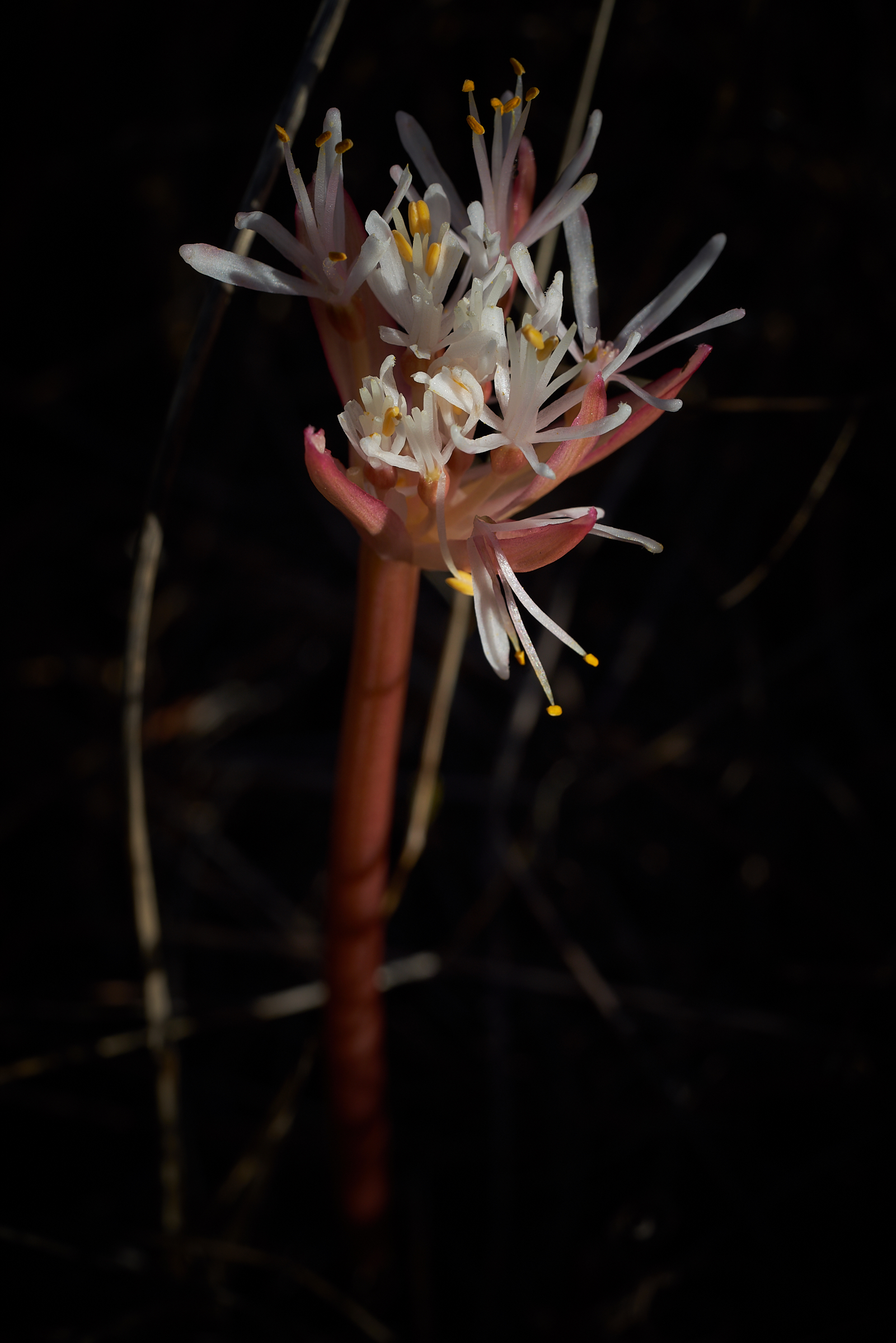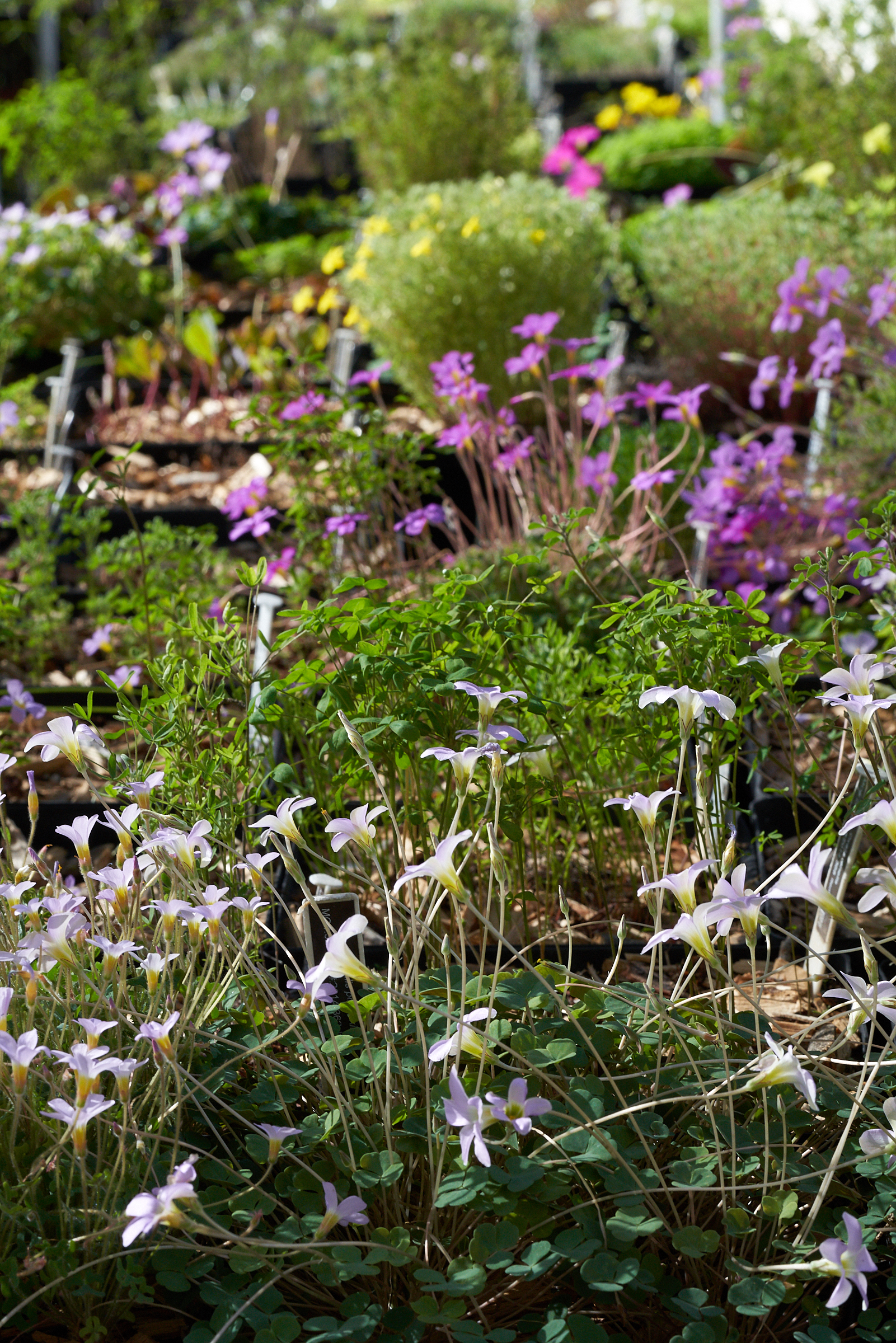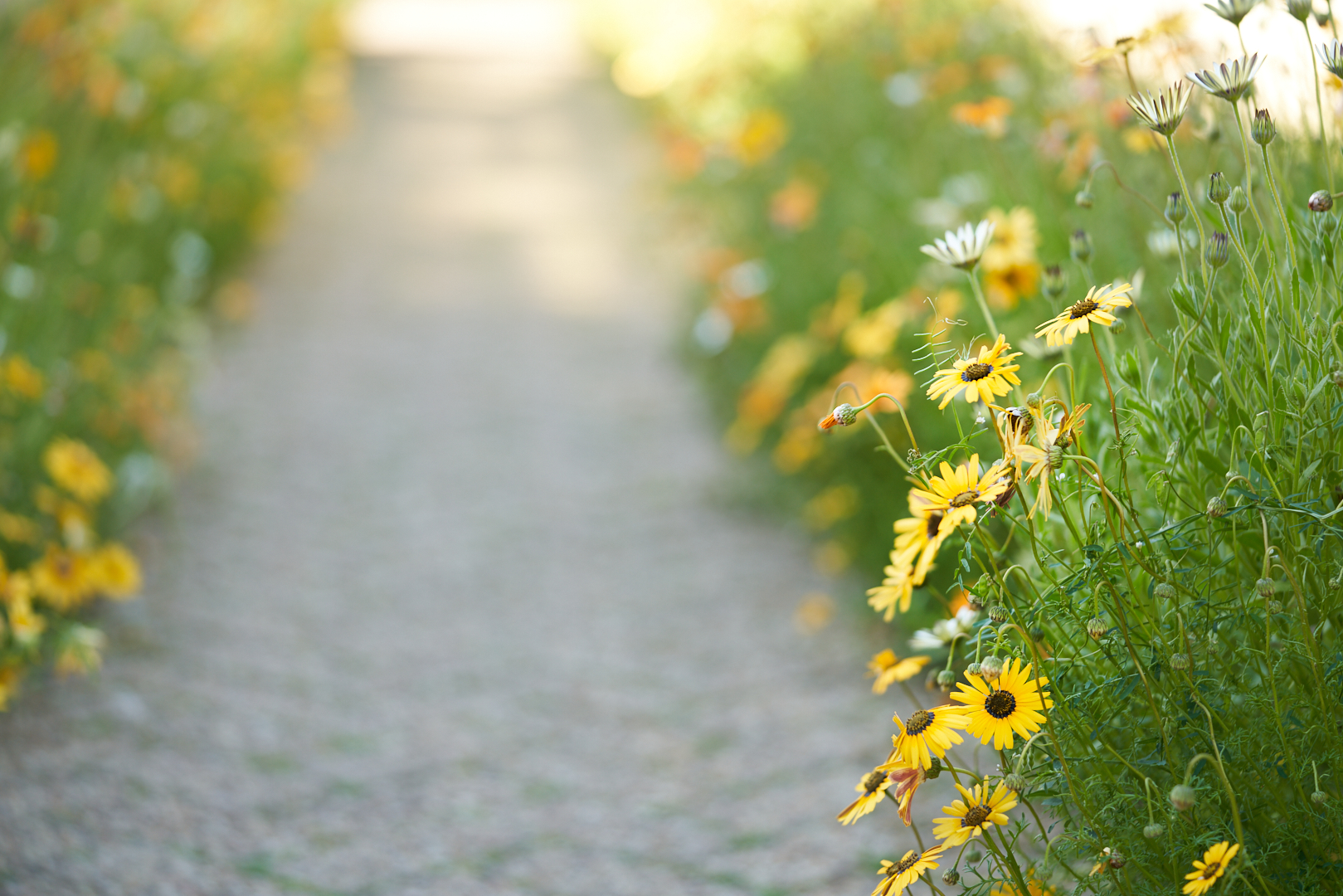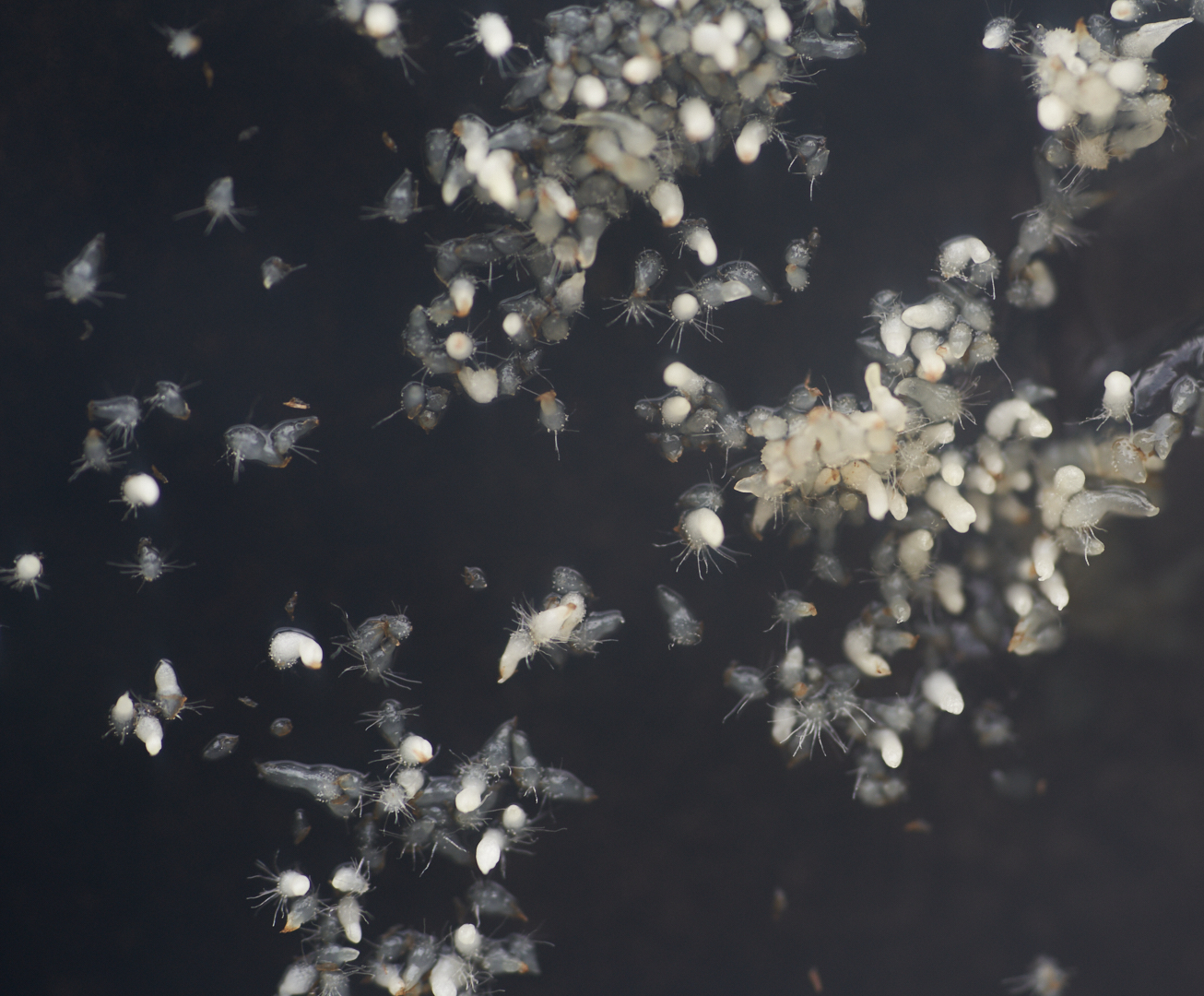The Stellenbosch University Botanical Garden (SUBG) is the only garden in Africa and one of only 11 gardens in the world to have been named an Accredited Conservation Practitioner by Botanic Gardens Conservation International (BGCI).
The BGCI Conservation Practitioner accreditation recognises excellence in plant conservation policy, practice and education, and accredits botanic gardens carrying out plant conservation activities of local, national or global importance. SUBG received this prestigious award in 2018. From orchid micro propagation to conservation work, the team at the renowned SUBG is hard at work ensuring that the garden maintains its international accreditation. And despite the ongoing water crisis in the Western Cape, the SU Botanical Garden is flourishing.
“Our conservation focus is now primarily bulbs and orchids, because they are both things that have a disproportionate number of threatened species here in the Cape Floristic Region, and can be grown in quantity in our small spaces. They both also happen to be charismatic, cool and pretty and a nice sell within a botanical garden, which we want to share with the public," says Dr Donovan Kirkwood, curator at the garden.


In picture 1: Haemanthus pumilio, Duthie Nature Reserve.
In picture 2: Oxalis collecton - supporting major SU academic programme
Kirkwood was appointed in October 2018 and has been hard at work becoming acquainted with the garden's large plant database and making sure the SU Botanical Garden (SUBG) earns its Accredited Conservation Practitioner status.
Part of SUBG's strategy development and role as a BGCI accredited garden is to look at more conservation work and research, public education and sustainability.
“We are working hard on developing our orchid micro-prop technique and methodology. Orchids don't have seed reserves. In nature, they form a symbiotic relationship with a fungus once they're in the ground and that stimulates germination and the fungus actually feeds them for the first few weeks and months, that's why it's so hard to grow them in a lab," says Kirkwood.
In addition to its conservation work, the SUBG has also been putting effort into creating scientifically sound and compelling content housed in its plant database, which in turn produces the plant labels and interpretation boards at the garden.


In picture 3: Spring Cape daisies between the glasshouses.
In picture 4: Satyrium pumilum on Changs plated.
Because collecting must comply with both Provincial regulations and permitting and have landowner permission, the Botanical Garden has been in discussions with both SANParks and CapeNature to enable collecting within their respective protected areas (nature reserves) and this will be applied formally over the next few months.
Kirkwood says some new collections take a long time to nurture from seeds and cuttings into display plantings. “For one of our new glasshouse displays we want to showcase that South African summer rainfall diversity is not just simple grassland and thorny bushveld, but includes places with complex associations of tropical, subtropical and savannah ecosystems, with multitudes of fascinating, useful and often highly restricted and special plants and trees. Longer term we are working towards showcasing some of our extremely threatened Cape lowland habitat types."
However there are already nearly 4 000 unique plants in the garden, and it's always a great time to visit and enjoy the sheer diversity and beauty the garden has to offer.
Note:
Day fee entrance is R15 for adults and children older than six.
However, school groups and educational entries (pre-booked), Stellenbosch University staff and students (must tap in staff or student card every entry) and visiting academics with valid staff card from another academic institution, have free entry to the SUBG.
The SU Botanical Garden is situated at the corner of Van Riebeeck and Neethling Streets in Stellenbosch and is open 08:00 to 17:00 (Monday to Sunday). The garden is closed on certain public holidays. For more information on the Botanical Garden, visit https://sun.gardenexplorer.org/.

